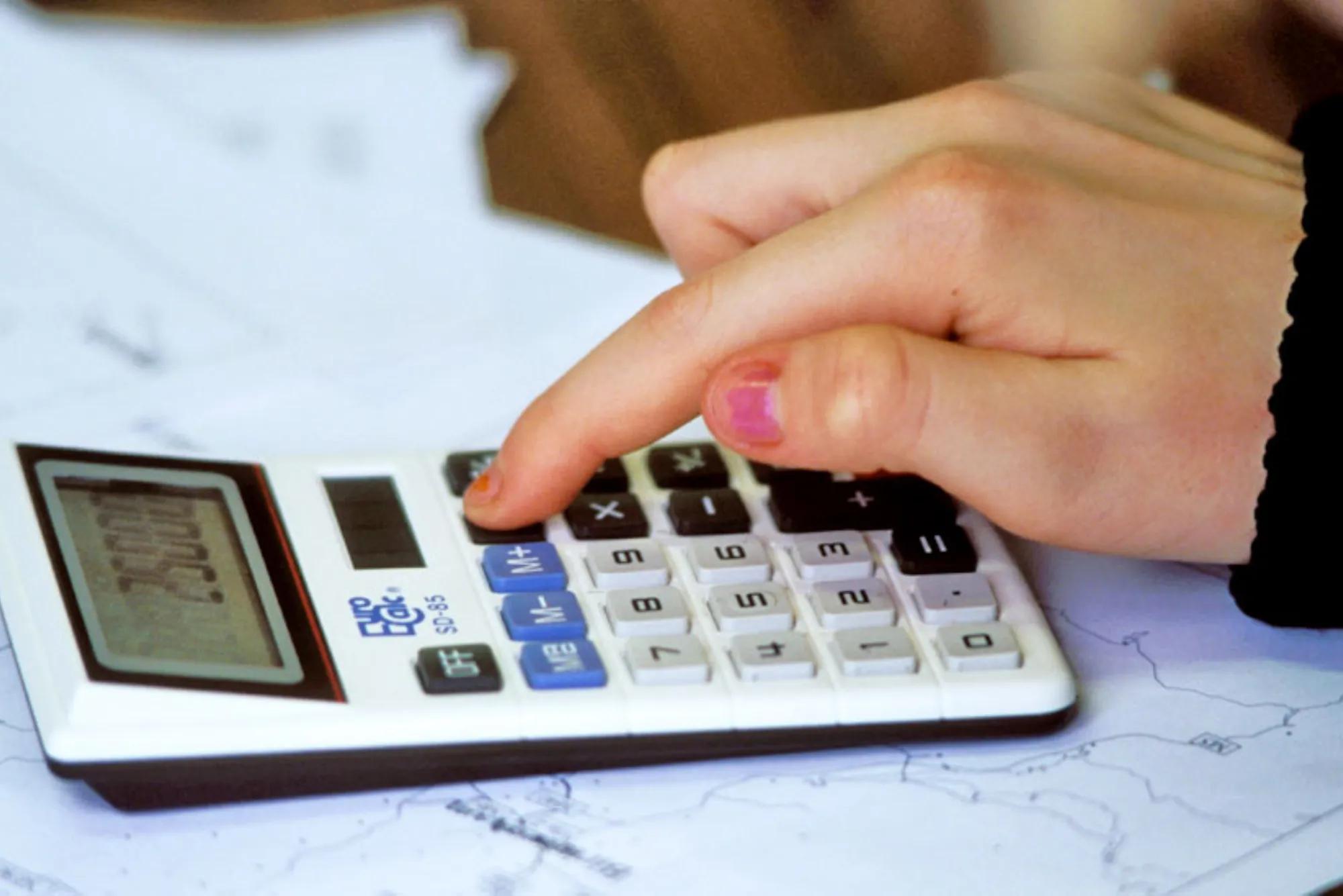The Origins of Roulette and Its Variants
Roulette has been a staple of casino floors for centuries, evolving from its 18th-century French roots into multiple variants enjoyed worldwide. The classic European wheel features 37 pockets (numbers 1–36 plus a single zero), while the American wheel adds a second green pocket marked “00,” upping the count to 38. Over time, casinos seeking higher house edges experimented further, introducing the triple-zero wheel with 39 pockets by adding an extra “000.”
I remember my first encounter with a triple-zero wheel during a busy night in Las Vegas. The neon lights and the clatter of chips were intoxicating, but the dealer’s mechanical rig at the table silently smiled back—knowing odds were stacked more heavily in the house’s favor. That curiosity led me on an exploration of why this wheel exists and why most seasoned players steer clear.
How a Triple-Zero Wheel Differs From Traditional Wheels
At first glance, the triple-zero wheel looks similar to its double-zero cousin. You still have alternating red and black numbers from 1 to 36, but now there are three green pockets instead of one or two. This seemingly small change has a dramatic effect on player odds and potential returns.
The single-zero European wheel carries a house edge of roughly 2.70%, and the American double-zero wheel bumps this to about 5.26%. Introducing a third zero pocket elevates the house edge even further—to approximately 7.69%. That means for every £100 wagered, the casino expects to retain an extra £2 to £5 compared to standard wheels.
If you’re browsing best slot sites uk for complementary games after your roulette session, you’ll notice many operators emphasize classic and American wheels—rarely promoting triple-zero. That’s no accident: even the casinos themselves know this variant isn’t player-friendly, so they tuck it away in back rooms or loyalty lounges.
The Mathematics Behind the House Edge
Understanding why the house edge increases with each zero comes down to basic probability. On a triple-zero wheel, there are 39 possible landing spots. A straight-up bet on any single number pays 35:1, but your true odds of hitting that number are 1 in 39. Calculating house edge involves comparing the expected return to the true odds.
Let’s break it down:
-
True chance of winning a straight-up bet: 1/39 (2.56%)
-
Casino payout: £35 for each £1 bet (plus your original stake)
-
Expected return per £1 stake: (35 × (1/39)) + (0 × (38/39)) ≈ £0.9231
-
House edge: 1 – 0.9231 = 0.0769, or 7.69%
Contrast that with American double-zero: 1/38 and payout 35:1 yields a house edge of 5.26%. Players intuitively feel less confident as zeros pile on—and with good reason.
Real-World Player Experiences
I spoke with a few friends who’d tried the triple-zero wheel as novelty. One recounted betting heavily during a high-energy party weekend, only to watch zero, double-zero, and triple-zero appear in quick succession, erasing their profits far faster than anticipated. Another mentioned the slow draining effect of the increased house edge, even when their luck seemed average.
Often, casinos use the triple-zero wheel strategically: it appears on electronic multi-wheel terminals or at special VIP areas. The environment feels exclusive, but the trade-off is steeper odds. These hidden wheels rarely see high traffic because word spreads quickly among experienced players—avoidance becomes the best strategy.
Psychological Appeal and Casino Strategy
Triple-zero wheels can feel novel. The extra zero pocket stands out visually, drawing attention. Casinos leverage this psychological hook: the variant seems “new,” “exclusive,” or “high-tech.” For casual tourists, the idea of playing something unique can outweigh rational consideration of odds.
From a marketing standpoint, offering a variant gives casinos a conversation piece. Dealers explain the difference, patrons ask questions, and ultimately, many will take a seat just to experience the novelty—even if just for a few spins. That fleeting excitement nets the house more revenue per spin than standard tables.
Why You Should Avoid the Triple-Zero Wheel
Given the significantly higher house edge, the triple-zero wheel is a losing proposition for serious players. Even generous comps or free-play offers don’t erase the fundamental disadvantage. Unlike slots or bonus features—where strategy can sometimes reduce variance—roulette remains a pure probability game. The more zeros, the less favorable the expected return.
If your goal is to enjoy roulette with the best possible odds, stick to European single-zero wheels when you can. American double-zero is acceptable if you prefer that style, but steer clear of variants with any additional zeros. I learned this the hard way: early in my casino days, I chased the excitement of every new game until I realized that few variants beat the simplicity of a standard wheel.
Alternatives and Smarter Play
Rather than feeling tempted by flashy triple-zero tables, focus on variety within favorable formats. For instance, many live dealer online casinos offer multiple single-zero wheels with different speed formats or side bets. These maintain the 2.70% house edge while adding small twists—perfect for seasoned players.
Outside of roulette, if you’re visiting best slot sites uk after your roulette session, you’ll find plenty of engaging options with skill-based features or low house edges. Video poker, blackjack variants with decent rules, and certain skill-based slots let your decisions influence outcomes, contrasting the purely chance-driven roulette wheel.
Responsible Gaming and Final Thoughts
Roulette’s allure lies in its elegant simplicity and moments of nail-biting suspense. But when novelty crosses into disadvantage—as with any extra zero—you’re signing up for steeper losses. Approach every game understanding the house edge and your personal limits. Set session budgets, track outcomes, and never chase losses.
The triple-zero wheel may remain an intriguing footnote in roulette’s history, but for most players, it’s best admired from a distance. By focusing on formats that offer the fairest odds and engaging with games where your strategy matters, you’ll get more enjoyment and a better chance of walking away ahead.
Choosing where and how to wager is a personal journey. Reflect on your goals—whether it’s casual fun or serious play—and pick options that respect both. When the wheel spins, you’ll know you made the smart choice.



